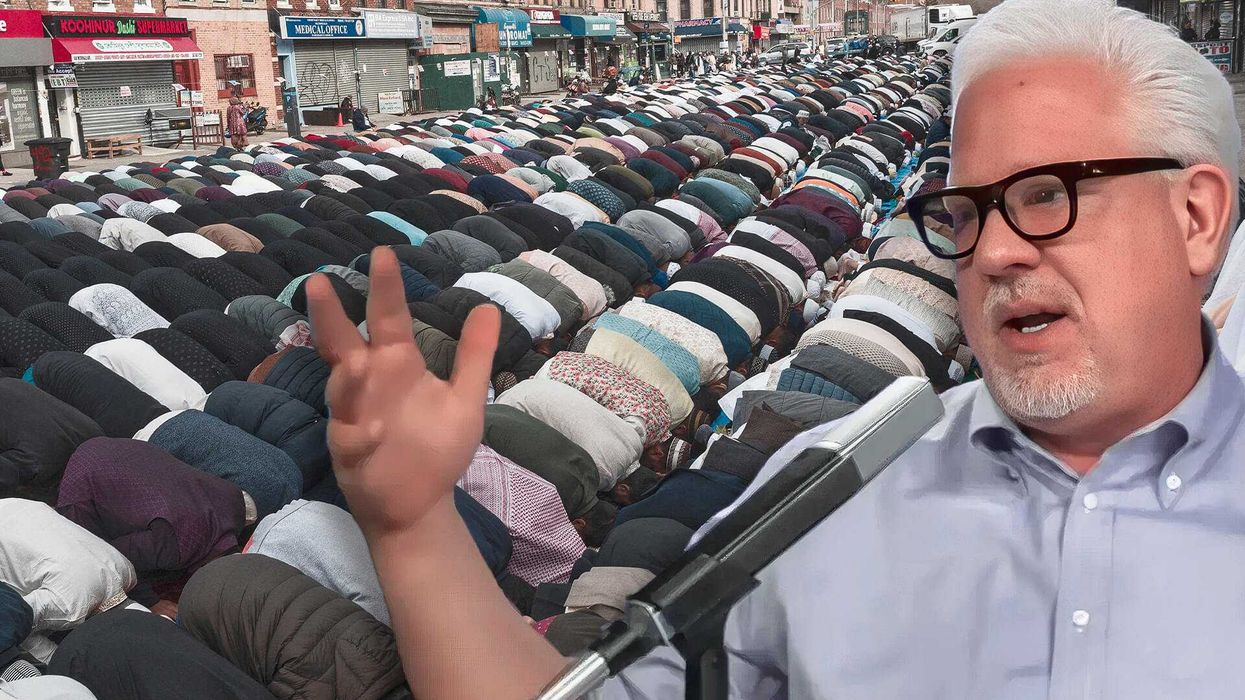Story by the Associated Press; curated by Dave Urbanski
Amid calls for expanding the nation's temporary skilled worker program, some Americans are pushing back.
They argue the so-called H-1B program has been hijacked by staffing companies that import cheaper, lower-level workers to replace more expensive U.S. employees.
 Jennifer Wedel of Fort Worth, Texas is photographed at her home after challenging President Obama in 2012 on the H-1B visa issue, making headlines when she asked him via a public online chat about the number of foreign workers being hired, given that her husband, a semiconductor engineer, couldn’t find work. (Image source: AP/Star-Telegram, Khampha Bouaphanh, File)
Jennifer Wedel of Fort Worth, Texas is photographed at her home after challenging President Obama in 2012 on the H-1B visa issue, making headlines when she asked him via a public online chat about the number of foreign workers being hired, given that her husband, a semiconductor engineer, couldn’t find work. (Image source: AP/Star-Telegram, Khampha Bouaphanh, File)
Lawsuits have cropped up around the country. And some tech worker groups are calling for a boycott of firms that they say are ignoring qualified U.S. workers.
The H-1B program allows employers to temporarily hire workers in specialty occupations. Experts say at least 600,000 are here at any one time. An immigration bill passed in the U.S. Senate last year would have increased the number of annually available H-1B visas to 180,000 and responded to some criticisms, but the House never acted on the measure.
In May the Department of Homeland Security announced that it would expand U.S. work opportunities for non-U.S. citizens by allowing the spouses of certain skilled foreign workers to also seek employment.
“It is good news for citizens in other countries who will be hired,” Sen. Jeff Sessions (R-Ala.) said in May. “But for struggling Americans, it will only reduce wages, lower job opportunities, and make it harder to scrape by.”

 Jennifer Wedel of Fort Worth, Texas is photographed at her home after challenging President Obama in 2012 on the H-1B visa issue, making headlines when she asked him via a public online chat about the number of foreign workers being hired, given that her husband, a semiconductor engineer, couldn’t find work. (Image source: AP/Star-Telegram, Khampha Bouaphanh, File)
Jennifer Wedel of Fort Worth, Texas is photographed at her home after challenging President Obama in 2012 on the H-1B visa issue, making headlines when she asked him via a public online chat about the number of foreign workers being hired, given that her husband, a semiconductor engineer, couldn’t find work. (Image source: AP/Star-Telegram, Khampha Bouaphanh, File)






